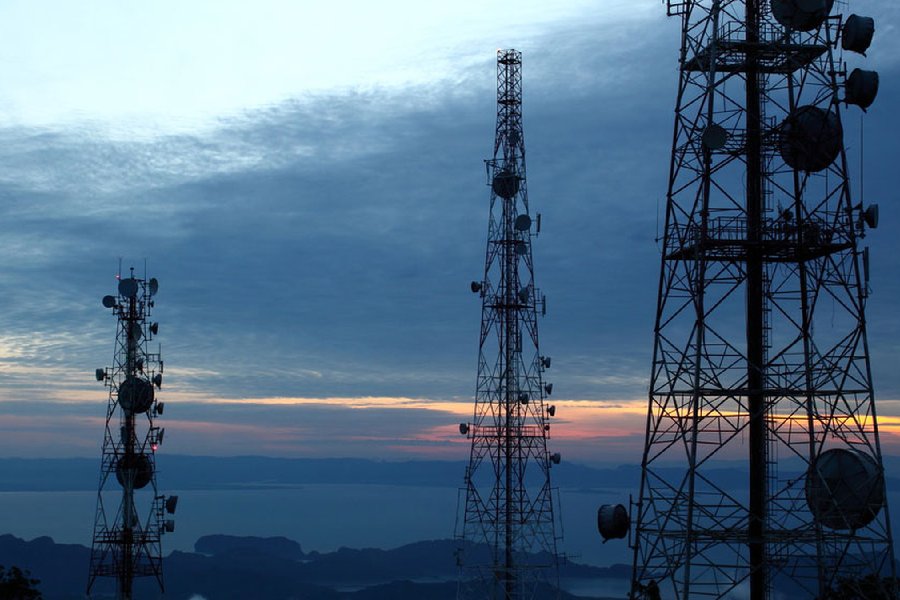The more things change, the more they stay the same. This truism characterises the telecommunications bill 2023 that was passed in the Lok Sabha on Wednesday. The new legislation aims to replace three colonial-era laws but privacy advocates will recoil at some of the overbearing elements. National security — that new shibboleth — figures prominently in the bill and legitimises the State’s use of brute power to screen messages even if encrypted, seize control of any telecom service, ban the use of telecom equipment from notified countries, monitor data traffic, and direct service providers to transmit specific messages if it is expedient to do so. Most of these powers were enshrined in the archaic laws as well and, to that extent, successive regimes have shown no inclination to cast aside the weapons of State control.
The legislation seeks to provide an overarching governance structure for the telecom industry that has been growing at a feverish pace. But the authorities will continue to rely on subordinate legislation and a stack of rules to guide the industry’s progress. The concern is over some of the fuzziness in the proposed statute. For instance, in the 2022 version of the bill, the government had come out with an elaborate definition of what telecom services meant. It clearly spelt out the services that it would cover, including WhatsApp and Instagram. The latest version is concerningly vague. For the first time, it rekindles the idea of administrative allocation of spectrum for satellite communication services while supporting the principle of auctions for almost everything else. Another potential area of concern is the decision to grant right of way to telecom service providers in erecting telecom equipment on private property for a fee. If the property owner objects, the government can intervene and help the operator assert its right of way if it feels that this is in public interest. To its credit, the government has dropped plans to circumscribe the remit of the telecom regulator, which was articulated in the draft bill of 2022. But the relief has come at a price: the new bill says that the chairperson and the members of Telecom Regulatory Authority of India can be drawn from the private sector also. Earlier, appointments were only made from a pool of retired bureaucrats. The virtue of this proposal is that it widens choice. However, an incumbent drawn from the private sector could invite accusations of bias even while making an innocuous regulatory pronouncement.











